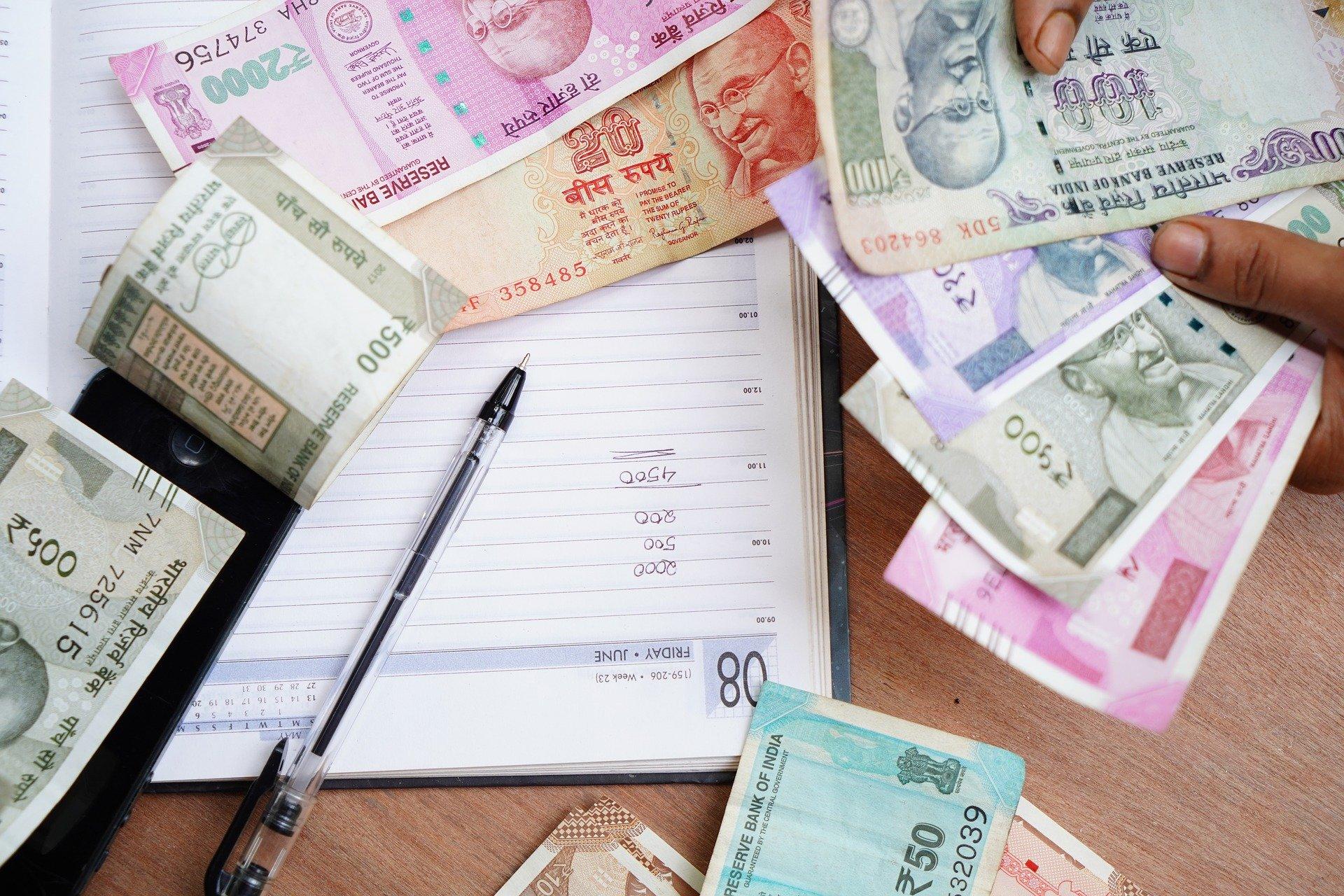Finance Ministry on June 20 said that India faces multiple near-term challenges such as reining in inflation, sustaining economic growth and managing fiscal deficit while maintaining a fair value of the Rupee. Many countries, especially developed countries, face similar challenges, the ministry said in its latest Monthly Economic Review, May 2022. “India is better placed to weather these challenges because of its financial sector stability,” it added.
The rationalisation of non-capex expenditure has become important, not only for protecting growth supportive capex but also for avoiding fiscal slippages… The challenges need to be managed carefully without sacrificing the hard-earned macroeconomic stability, said the ministry.
India’s fiscal deficit blew up in the wake of the COVID-19 pandemic as revenues nosedived, while spending was boosted on health and welfare measures.
While the budget gap for FY22 came in at 6.7 percent of the gross domestic product (GDP), lower than the revised target of 6.9 percent, economists anticipate that the fiscal deficit for FY23 may exceed the target of 6.4 percent by as much as 50 basis points.
The Centre aims at boosting the economy’s potential growth through reforms and spending on infrastructure. Contrary to that are volatile global geopolitical, economic and financial conditions that threaten to drag growth. Many parts of the world, including India, are facing the challenge of elevated inflation as crude and commodities have surged and supply chain issues remain.
With government revenues likely to take a hit following cuts in taxes on diesel and petrol, an upside risk to the budgeted level of gross fiscal deficit has emerged, it added.
“Increase in the fiscal deficit may cause the current account deficit to widen, compounding the effect of costlier imports, and weaken the value of the rupee thereby further aggravating external imbalances, creating the risk (admittedly low, at this time) of a cycle of wider deficits and a weaker currency,” it added.
It has become important that non-capex expenditure is rationalised to not only protect growth-supportive capex but also avoid fiscal slippages, the ministry said.


























